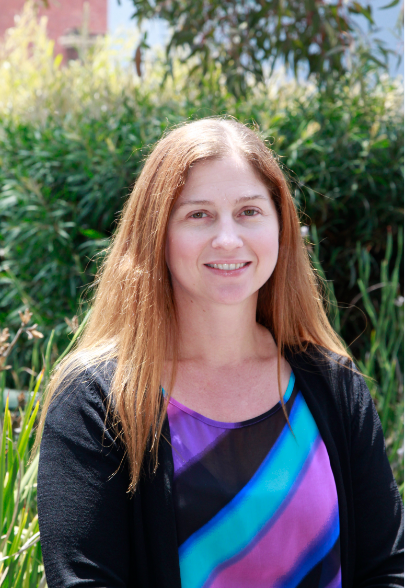 Sharon Litchfield is the manager of our Brisbane office. Here we ask her ten questions.
Sharon Litchfield is the manager of our Brisbane office. Here we ask her ten questions.
How long have you been working at AccessibilityOz?
Almost 12 months – I started in April 2012.
Where were you before joining AccessibilityOz?
I was a web-developer for the Queensland Government for 11 years.
What started you in the accessibility industry?
When I started working for the Queensland Government they were just starting to implement WCAG1, this was my first exposure to accessibility. I fell in love with it– the opportunity to make the online environment ‘a better place for all’ really inspired me. I saw so much value in it. Not long after, Gian Wild did a web site accessibility audit for the department I worked for, and I was hooked.
What kind of things do you do at AccessibilityOz?
I perform website accessibility audits, prepare Disability Action Plans, conduct training and work with clients to maximise accessibility at various stages of the web development lifecycle.
What’s been your favourite accessibility project so far?
I recently prepared a disability action plan for a client. The plan outlined their accessibility commitment and goals for all their websites. I find this task really rewarding as it provides clarity and targets to work towards.
How do you think Government is handling the December 2012 deadline?
Even though WCAG2 Single A conformance is required by December 2012, I think many government agencies are struggling to meet this. With so much content being published online it’s a huge task, and finding resources is the biggest challenge. For these agencies, I would recommend they follow the advice of the Australian Human Rights Commission and consult with an accessibility specialist to prepare a web site disability action plan. This plan outlines their commitment to eliminating discrimination online, and their implementation strategies and timeframes.
What’s the most common accessibility error you see over and over again?
Untagged or incorrectly tagged PDFs are the most common. I also regularly see layout tables coded as data tables, which is very confusing to users of screen readers. Lastly, the majority of videos I see do not have captions, audio descriptions or transcripts.
You recently ran a PDF tagging training session at Canberra Accessibility Week. The Australian Government is set to review the status of PDFs and their accessibility next year. Do you think they should make PDFs an accessibility-supported technology?
No, I think it’s still too soon. Even though ISO have recently released the ‘Electronic document file format enhancement for accessibility’ standard for the development of PDF authoring tools and PDF viewers, more time is needed for these products to be consistency used in the marketplace.
What’s one thing you would say to managers to convince them of the importance of accessibility?
Your users have varied needs – try to understand the perspective of people with disabilities. Accessibility is not an inconvenience and it’s not just the law, it’s your moral and social responsibility. I find it disappointing that people still need so much convincing, or have to work so hard to get support. There is no good reason for a website to be inaccessible. Website accessibility does not cost more if it’s planned within the web development lifecycle.
What do you do when you’re not trying to make the world a more accessible place?
Play with my kids, visit family, catch up with friends, and go to the beach.